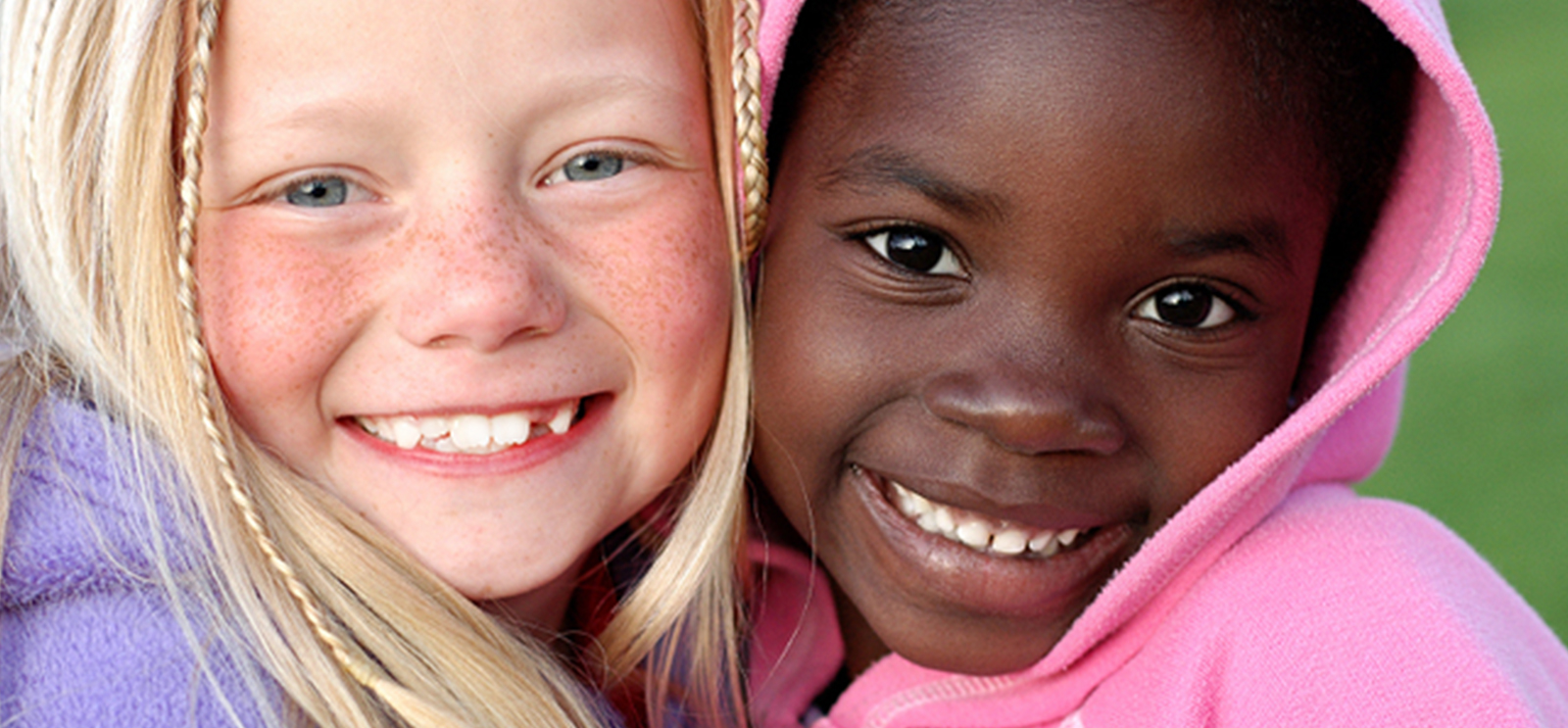Chicago researchers find empathy in rats, the positive effect of negative criticism, the cancer risk of a big belly, and the importance of language to young children’s identity.
Chicago researchers found that when lab rats encountered trapped friends, they worked to free them, suggesting that empathy might not be limited to mammals higher up the food chain. Neurobiologists Peggy Mason and Jean Decety and psychologist Inbal Ben-Ami Bartal placed one rat in a small tube that could be opened only from the outside. Once the rats figured out how to rescue the distressed friend, they repeated the action in subsequent trials; and when a restrainer filled with chocolate was placed next to the trapped rat, the free rat saved some of the treat for its friend. When the researchers placed a stuffed rat in the restrainer or left it empty, the rats ignored it, indicating that it was the caged rat’s distress triggering an empathetic response. In the study, published in
Science, the researchers explain that more work is necessary to understand the rats’ helping motivation, key to defining it as empathy.
In a study scheduled for the June 2012
Journal of Consumer Research, behavioral scientists Stacey Finkelstein, PhD’11, MBA’11, and Ayelet Fishbach found that experts thrive on negative criticism while novices respond to positive feedback. In one study, beginning French students made more improvement when praised for accomplishments; students in an advanced French class, however, sought out criticism to improve. The research also showed that beauty-product consumers who consider themselves experts are more likely to be open to negative criticism in advertisements, suggesting that marketers should consider their clientele’s skill level.
The section of fat that covers the stomach and intestines contains nutrients that accelerate the growth of ovarian cancer, according to an October report published online in
Nature Medicine. Led by Ernst Lengyel, UChicago professor of obstetrics and gynecology, a University-based research team found that by the time cancer was diagnosed, the infected cells had already reached the area—called the omentum—in 80 percent of women. Once there, the cancer cells adjust their metabolism to feed off of lipids from fat cells. The cancer in the omentum often grows faster than the original ovarian cancer does. For potential treatment, researchers are looking at a fat carrier called fatty acid binding protein (FABP4). When they inhibited FABP4, fewer nutrients transferred to cancer cells, and tumor growth slowed.
Young white children associate language with identity more strongly than with race, UChicago researchers say in the November
Developmental Science. Katherine Kinzler, lead author and Neubauer Family assistant professor in psychology, and Jocelyn Dautel, a psychology graduate student, showed children images of a white child, paired with sounds of him speaking English, followed by images of a white man who spoke French and an African American man who spoke English. The researchers asked the children which adult they thought the boy would grow up to be. Groups of nine- and ten-year-old white children, and five- and six-year-old African American children, chose the race match, while five- and six-year-old white children, chose the language match. Kinzler and Dautel explained that older children have figured out that race is stable, but language can be learned, and African American children are more likely to be aware of race as a meaningful social category.

